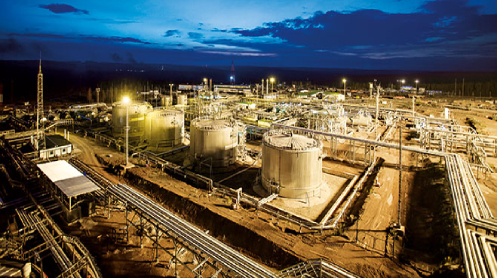Russian organizations got undeniably more cash from selling the nation’s oil than recently suspected in the weeks that followed the burden of a cost cap on the country’s commodities, a gathering of scholastics said. The research debilitates the possibility that as far as possible are pounding Moscow’s income to subsidize the conflict in Ukraine.
Russia’s unrefined brought a normal of about $74 per bbl in the a month that followed the cap, as per estimations by specialists including from the Establishment of Worldwide Money, Columbia College and College of California. That is about a quarter over the limit — $60 per bbl — that the Gathering of Seven set from
Their work depended on an investigation of customs’ receipt level information for the a month after the cap was set for rough deals to purchasers everywhere, and from all ports and pipelines.
While Russia itself isn’t giving admittance to such information, their evaluations will be met with caution by legislatures who’ve contended that actions to remove the Kremlin’s admittance to petrodollars has been a major achievement. Expert ware estimating firms said that the country’s lead unrefined plunged far beneath $60 at the place of commodity in the Baltic and Dark oceans.
“Our astonishing finding of a critical portion of Russian raw petroleum being sold well-over the cost cap level of $60 a barrel earnestly calls for additional examination of these exchanges and supports the requirement for moved forward implementation,” the creators said. The creators — Tania Babina, Benjamin Hilgenstock, Oleg Itskhoki, Proverb Mironov and Elina Ribakova — suggested industrious authorization of assents, to guarantee that purchasers agree with the limitations on delivery and protection administrations.
Oil sends out from Pacific Sea ports to key objections like China were at considerably greater costs, averaging $82 per bbl, as indicated by the exploration.
Around half of Russian shipments are shipped by state-controlled Sovcomflot PJSC or a “shadow armada” of big haulers, and in this way not expose to cost cap. The lay will depend on western transportation administrations and subsequently dependent upon the limit, the report said. The creators recognized that there were a few limits in the traditions figures. While the information on individual solicitations are phenomenal in the detail presented on Russia’s oil exchange, they noticed that the planning of installments and at times conveyances could have changed from the date of the solicitations. In any case, they said they were sure that the general ends were substantial.
While the cost cap was forced to diminish the progression of petrodollars, one more objective was to at the same time keeping Russian rough in the worldwide market. As far as possible was advanced by the U.S. Depository among others.
The U.S. has contended that, regardless of whether Russian unrefined exchange over the cap, it is in any case giving purchasers haggling power while staying away from a significant closure of products that would drive up costs. The information actually support that contention on the grounds that most Russian grades were well beneath worldwide benchmarks like Brent.
Under the details of the cap, organizations and dealers can get to a huge number of western administrations, particularly industry standard protection, on the off chance that they buy Russian unrefined at $60 per bbl or less. The edge will be changed at regular intervals.
Russia, which gets around 33% of its spending plan incomes from oil and gas industry, is fundamentally having an impact on the manner in which it works out charges on oil, embracing a smaller rebate on the Urals grade utilized in its evaluations.
Changes supported by President Vladimir Putin prior this week are supposed to bring 660 billion rubles ($8.7 billion) to Russia’s spending plan this year, as per the Money Service’s appraisals.







